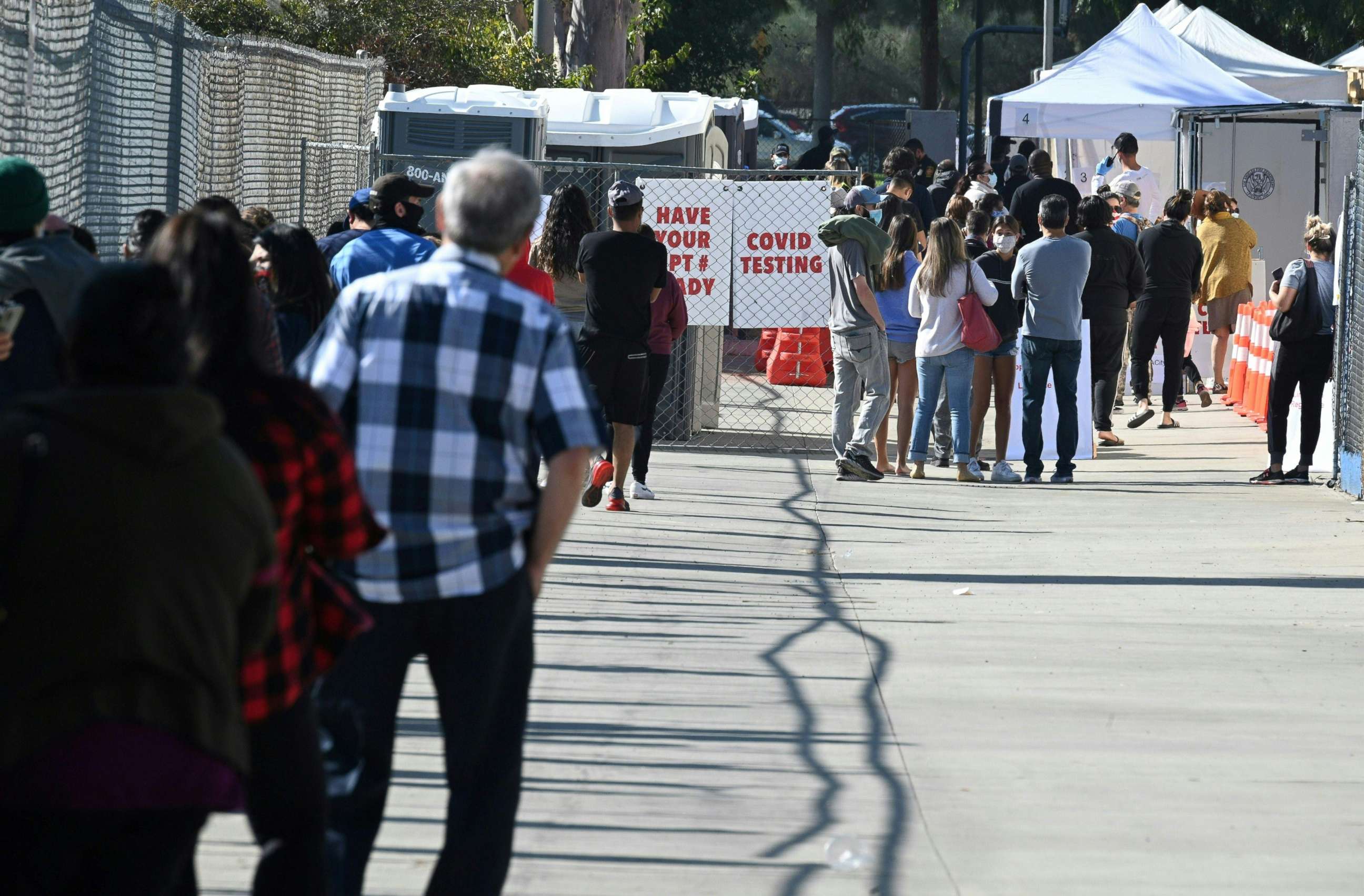US reports over 172,000 new cases
There were 172,935 new cases of COVID-19 confirmed in the United States on Tuesday, according to a real-time count kept by Johns Hopkins University.
It's the 22nd straight day that the country has reported over 100,000 newly diagnosed infections. Tuesday's count is down from a peak of 196,004 new cases on Nov. 20.
An additional 2,146 fatalities from COVID-19 were also registered nationwide on Tuesday, the country's highest single-day death toll from the disease since May 6 but just under the all-time high of 2,609 new deaths on April 15.

A total of 12,597,330 people in the United States have been diagnosed with COVID-19 since the pandemic began, and at least 259,962 of them have died, according to Johns Hopkins. The cases include people from all 50 U.S. states, Washington, D.C. and other U.S. territories as well as repatriated citizens.
Much of the country was under lockdown by the end of March as the first wave of pandemic hit. By May 20, all U.S. states had begun lifting stay-at-home orders and other restrictions put in place to curb the spread of the novel coronavirus. The day-to-day increase in the country's cases then hovered around 20,000 for a couple of weeks before shooting back up and crossing 100,000 for the first time on Nov. 4.




